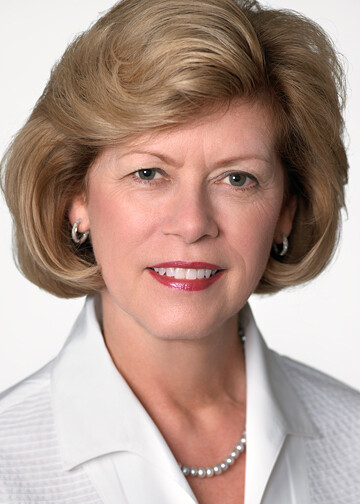Mobile Menu
- Education
- Research
-
Students
- High School Outreach
- Undergraduate & Beyond: Community of Support
- Current Students
- Faculty & Staff
- Alumni
- News & Events
- Giving
- About

The Vision for this Faculty is clear: “International leadership in improving health through innovation in research and education.” To achieve international leadership, we cannot simply wait for the world to sit up and take notice of the important work of our faculty, students and staff. At all levels, our Faculty takes action to collaborate with communities locally and globally by sharing our knowledge and innovations.
The rationale for international engagement is based on our experience that strategic partnerships with colleagues around the world enhance our education and research endeavours through the opportunity to exchange and share new knowledge and insights. These bilateral and multilateral collaborations build synergistic research and learning networks, provide exciting cultural opportunities for our students and can attract new resources — all aligned with mutual commitment to improving health.
Our Faculty currently enjoys sustained and meaningful relationships across the globe, notably in Australia, Africa, the Caribbean, Europe, the Middle East and South Asia. These have included long-standing partnerships in Ethiopia with Addis Ababa University, Moi University in Kenya, the Karolinska Institute in Sweden, Cambridge University in the UK and in China with Fudan University, Peking University Health Sciences Centre and Hong Kong University. Outreach visits and hosting delegations from many foreign institutions have built and strengthened our presence in the European Union, Australia, China and Brazil. We are establishing long-term institutional commitments that will give our faculty members, students and programs a solid foundation for success.
In recent months, delegations from our Faculty have visited with colleagues abroad to develop and strengthen these strategic partnerships. Allow me to quickly highlight some of our recent activities:
Brazil — On the heels of three major research meetings co-hosted by University of São Paulo (USP) and the University of Toronto that focused on neurosciences, oncology and cardiovascular health, a delegation led by Deputy Dean Sarita Verma visited USP last fall to review their undergraduate medical education curriculum and medical program. We were approached by USP because they wanted to measure themselves against the “gold standard” and turned to U of T Medicine for our advice and insights to modernize their school’s curriculum. Our landmark report has led to many new collaborative projects with USP and has deepened the relationship between our two institutions, which will only expand in the coming years.
China — Last November, I led my fourth delegation to China to continue strengthening our relationships there. Among the highlights: we met with officials from the Health Human Resources Development Center (HHRDC) of the Chinese Ministry of Health to discuss developing a health leadership program. We also developed specific plans for collaboration with Peking Union Medical College and Shantou University Medical College and built upon our close relationship with Hong Kong University. Several of our Departments (Family and Community Medicine, Molecular Genetics, Immunology, the Donnelly Centre) are deeply engaged in nurturing existing partnerships in China where the needs for health care professional education and capacity-building in health and biomedical research are tremendous.
Australia — Following my trip to China, I had the opportunity to visit with colleagues at the University of Sydney last November. That was shortly followed by Professor Alison Buchan, Vice Dean Research and International Relations, who conducted meetings at the University of Sydney and the University of Melbourne. Both of these visits were important steps in identifying opportunities for collaboration and expanding current collaborations into lasting relationships. We are now identifying point-people who can further investigate these opportunities and have tentative plans to return to Australia with a delegation of our faculty members in September of this year.
These are just three examples in a sea of extensive international leadership involving our faculty, staff and students. Our students are traveling and learning, undertaking research projects in global health and disciplines spanning the four CIHR pillars. By establishing our partnerships across the globe and strategically developing sustained and successful international partnerships, we are establishing the lasting relationships necessary to realize our vision for international leadership. I want to thank all of the members of our Faculty who are making this possible, particularly Alison Buchan and Sarita Verma.
Catharine Whiteside
Dean, Faculty of Medicine, Vice-Provost, Relations with Health Care Institutions